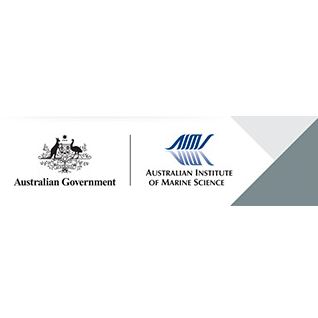Full description
This was the first case of the crab species, Daira perlata, being inplicated in toxic poisoning. Autopsies were not carried out on the two teenagers who died in 2000 after consuming a meal containing the crab, Daira perlata. Because it was not possible to test for toxicity at the hospital on Tanna Island, the remains of the crab from the meal were sent to the Australian Institute of Marine Science for testing. As these remains had been preserved in formalin which hinders subsequent toxin analysis, 4 specimens of the crab species were collected from the same location (Lenawha Reef) in the fortnight after the poisonings and analysed for toxins using 2 specific and sensitive binding assays but no toxin was detected. Three toxins are known to occur in crabs, saxitoxin, tetrodotoxin and palytoxin (assays available at the time do not detect palytoxin).To use sodium channel and saxiphilin receptor assays to see if paralytic shellfish toxins could be identified in this species of crab involved in human fatalities.
Crabs are known to bioaccumulate toxins from the environment.
Lineage
Maintenance and Update Frequency: notPlannedNotes
CreditLlewellyn, Lyndon E, Dr (Principal Investigator)
Modified: 15 09 2025
text: westlimit=169.26472; southlimit=-19.535; eastlimit=169.26472; northlimit=-19.535
Human fatalities in Vanuatu after eating a crab, Daira perlata: Llewellyn LE (2001) Human fatalities in Vanuatu after eating a crab, Daira perlata. Medical Journal of Australia 175:343-344.
local : articleId=5764
Background information on crab toxicity
uri :
http://www.aims.gov.au/pages/about/communications/backgrounders/20020905-killer-crabs.html![]()
- global : 3c705441-04aa-43f2-9338-78a8254449f0


